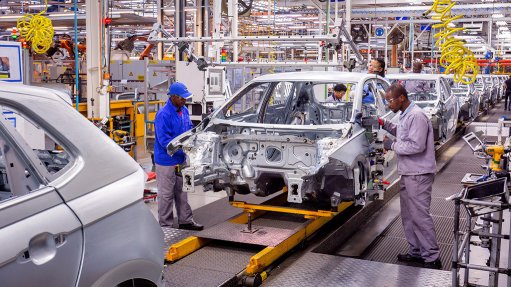
Local companies have made bids to produce 25% of the automotive parts listed in the Automotive Industry Development Centre Eastern Cape’s (AIDC EC’s) Localisation Supermarket.
The Localisation Supermarket is both a physical showcase and online catalogue of automotive components that are currently imported, and for which Tier 1 component suppliers are seeking local alternatives.
Th project is an effort to expand the base of suppliers in the Eastern Cape automotive value chain, with a special focus on black-owned suppliers, and to strengthen the manufacturing base of the sector.
Suppliers are able to view parts virtually, online and then express an interest on the platform, after which the AIDC engages with eligible suppliers through a request for qualification (RFQ) process.
The AIDC EC initiated the project with the Eastern Cape Automotive Industry Forum.
According to the centre, fifteen viable RFQs to supply a range of parts have been submitted to Tier 1 suppliers in the Eastern Cape since the launch of the supermarket last year.
The South African Automotive Masterplan (SAAM) 2035 has set a target to increase the local parts content on locally produced vehicles from 39% to 60%, and to transform and deepen the automotive supply chain.
Plans are in place to have a regular inflow of opportunities in the supermarket, says the AIDC EC.
“The supermarket, among other projects, is equipping especially black suppliers with opportunities and partnerships, including access to funding agencies like the Eastern Cape Development Corporation and Industrial Development Corporation, that will enable them to more easily access the automotive supply chain, which has stringent quality and technical certification requirements,” adds the centre.
"Many of the parts require a high level of technical expertise and successful suppliers need to comply with stringent international quality standards. We understand these real and valid barriers to entry and will work with qualifying suppliers to equip them to enter the supply chain, including access to finance.”